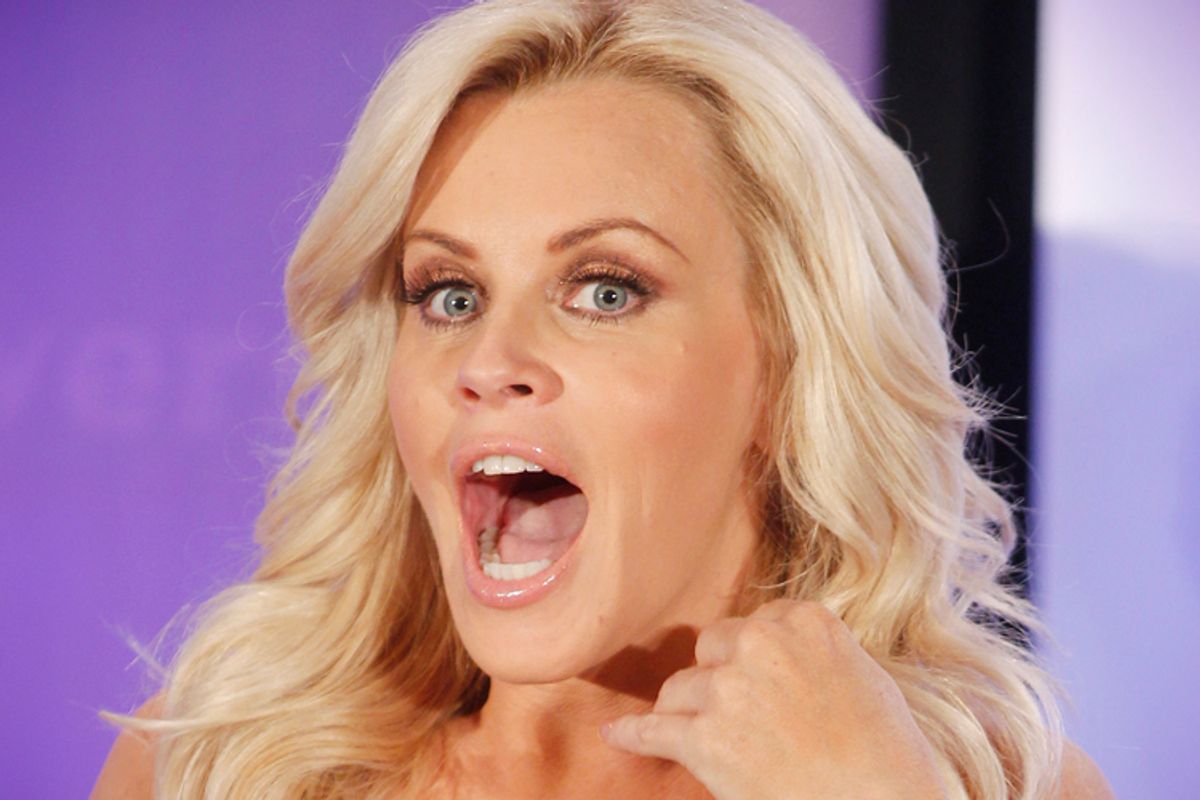As a doctor, let me put it very clearly: Everyone should be fully vaccinated. With the exception of patients with a small number of medical diagnoses that prevent them from receiving immunizations, the unambiguous right choice is for everybody to receive them.
But now opponents of vaccinations are increasingly seeking exemptions from school requirements mandating the practice. This is a very dangerous precedent, and simply a bridge too far.
Refusal to vaccinate one’s self or one’s children is a terrible threat to public health. Once vaccination rates drop, potentially deadly diseases reemerge. Though as of a few years ago endemic measles in the United States was still considered eliminated, last year was a record year for new cases and this year has already seen several new outbreaks. The only thing keeping measles from becoming endemic again in this country is a vigorous campaign to keep the population protected. One need look no further than the United Kingdom to find a cautionary tale about what happens when the anti-vaccine movement causes such efforts to wane.
So what’s to be done about this? At what point do we look the anti-vaccine movement in the eye and say “enough”? How far should efforts to keep our population protected against wholly preventable illnesses go?
The question of mandatory vaccination policies has become a topic of public debate. Even libertarians, generally no fans of government mandates in any form, are divided on the issue. Though evidence clearly exists that removing the element of choice makes immunization campaigns more effective, even for some advocates of vaccination it is not an easy decision to require them.
As a pediatrician, I will support letting the full impact of the benighted decision to refuse vaccinations fall on parents who opt out. But they should not be allowed to simultaneously undermine public health efforts to keep diseases like pertussis and invasive Haemophilus influenzae at bay.
Practically speaking, this means that children whose parents refuse vaccinations should not be enrolled in public schools. Schools are the setting in which children are most consistently exposed to large numbers of their peers in close quarters, and thus it is of paramount importance that they remain as protected as possible against contagion. Children whose vaccination status would make their schools unnecessarily vulnerable should not be allowed to attend.
Thus, so-called religious and philosophical exemptions from vaccination should be abandoned. Anti-vaccine advocacy groups are all too happy to provide their fellow travelers with information on what their states will allow while still permitting their children to attend public schools. The only kind of exemption from vaccination that should not also preclude public school enrollment is a medical one. All others are an irresponsible threat to public health.
If one’s religion truly forbids all modern medical care, then one’s children should be educated with those of like-minded people. (If your religion will allow you to avail yourself of chemotherapy or insulin, then carving out an exception for vaccines is an obvious canard.) Though such communities can be the cause of infectious disease outbreaks, by keeping these children out of public schools the threat can be somewhat mitigated.
“Philosophical” objections should be stricken altogether. What is a philosophical objection except a gussied-up way of saying “doesn’t like vaccines”? They make no sense as public policy, and are a sop to parents who want to let others take the risks they mistakenly associate with vaccines while allowing their children to benefit from herd immunity, but for some reason chafe at the notion of calling their superstition “religion.”
Repealing laws across our country that allow parents wiggle room in this regard is an important first step in making our schools and communities safer. Freedom is an important value, and one that we should protect and defend. But so is responsibility to the public good. Parents who refuse to vaccinate their children have the freedom to do so, but there’s no reason others should pay for the decision.



Shares